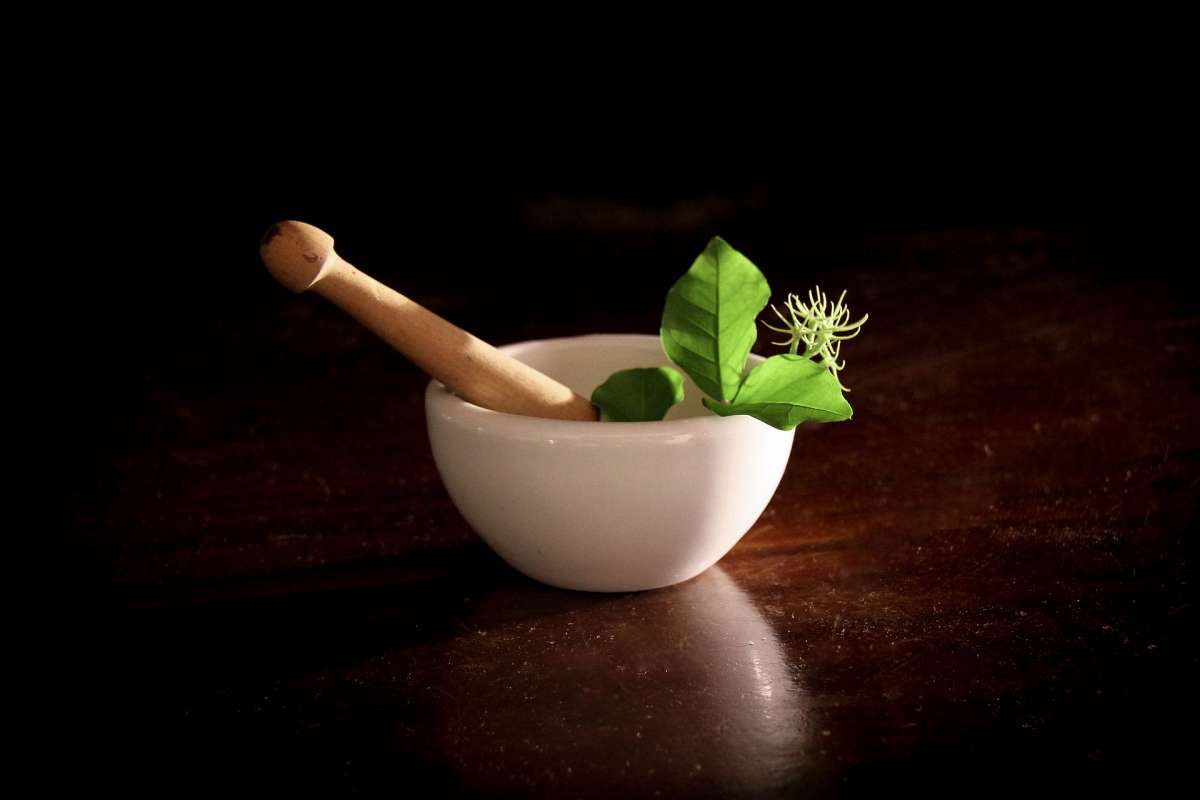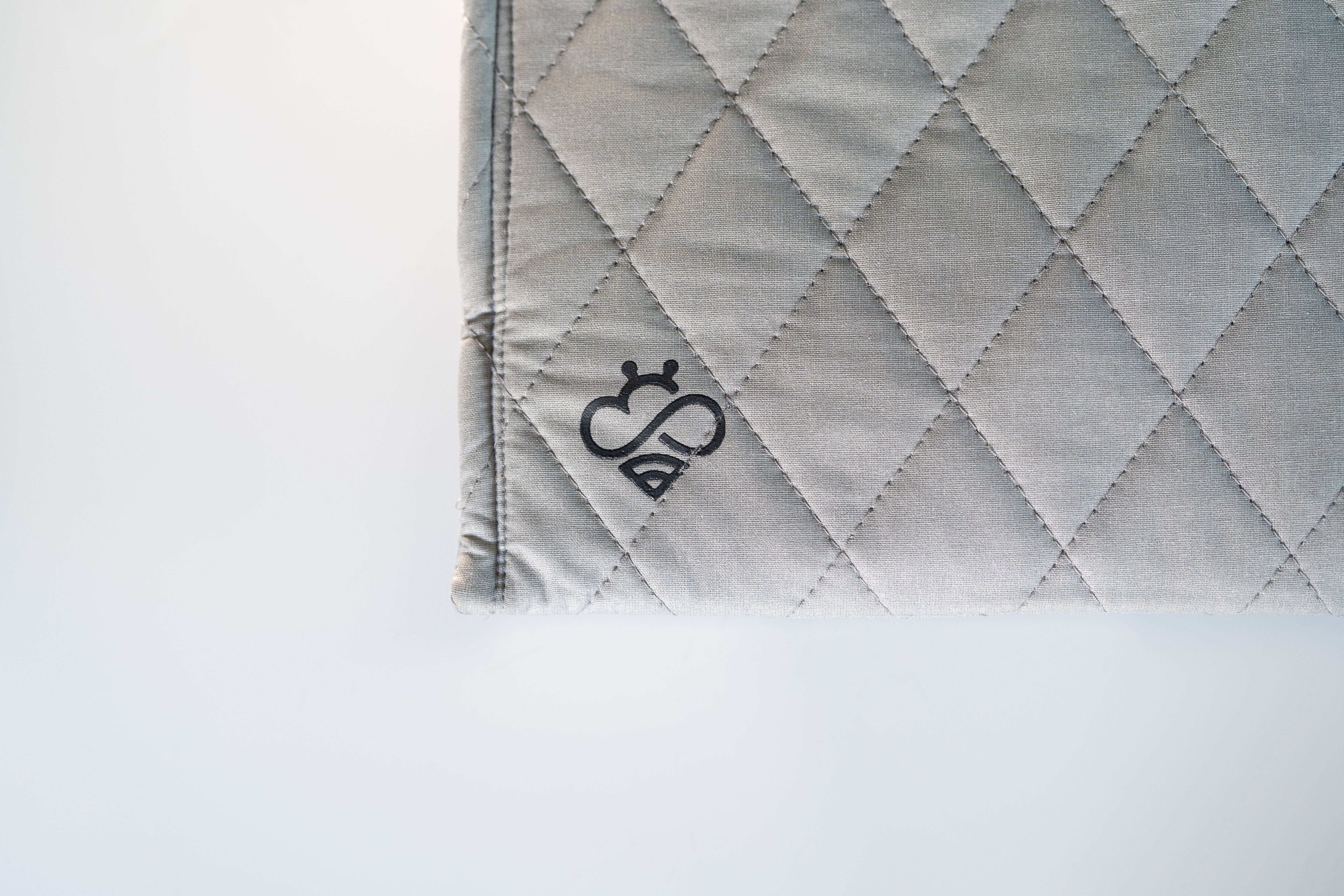Natural remedies to relieve anxiety
Did you know that anxiety disorders are the most common mental illness in the United States? According to the Anxiety and Depression Association of America, 18% of the population struggles with an anxiety disorder…and only 37% of them receive treatment.
Maybe you’re part of the 82% of the population who doesn’t have an anxiety disorder. Does that mean you never feel anxious? Of course not. Even people who don’t have an anxiety disorder need anxiety relief from time to time.
The trouble comes when people start to rely exclusively on medications for anxiety relief. That’s not to say that medications are never necessary; in fact, there are times when medications are the best solution for an anxiety issue. Ultimately, it’s up to you and your doctor to determine the best course of action for your anxiety disorder.
For those who want to try drug-free anxiety relief, here are some options that could improve how you feel. Remember, you don’t have to be diagnosed with anxiety in order to benefit from these natural remedies.
1. Essential oils
You’ve probably heard of the soothing effects of essential oils, but do you know which ones are best for anxiety relief? Vetiver essential oil is nicknamed the oil of tranquility because of its anxiety-healing properties. Lavender essential oil is one of the most popular essential oils out there, and it alleviates anxiety and depression.
The best way to use vetiver oil and lavender oil is to mix a few drops of each of them into a carrier oil such as jojoba oil, avocado oil, or argan oil. Then apply it to your wrists, neck, temples, and behind your ears. You can also inhale lavender oil straight from the bottle.
2. Ashwagandha
This is an herb that is native to India, the Middle East, and North Africa. It is said to have numerous healing properties, including treating arthritis, enhancing cardiorespiratory endurance, and – you guessed it – relieving stress and anxiety. Research shows that a daily dose of ashwagandha could reduce levels of cortisol, a hormone associated with stress and anxiety.
There are three main ways you can take ashwagandha: as a powder, capsule, or liquid extract. The recommended dosage is about 250-500mg per day. Talk to a doctor first if you are pregnant or have any preexisting medical conditions.
3. Valerian root
Valerian is a plant that grows in Asia and Europe. Its root has been used in traditional medicine for thousands of years. Valerian root inhibits the breakdown of gamma-aminobutyric acid (GABA) in the brain, which leads to feeling calm. Studies have found that mental stress is reduced in people who take valerian root daily. It can also improve sleep quality.
The recommended course of valerian root for anxiety relief is to take 120-200mg of the supplement three times a day with meals. It can take a few weeks for results to manifest, so don’t give up if you don’t notice any changes in the first couple of days.
4. Magnesium
Many adults don’t get enough of this important mineral in their diets. Magnesium affects the part of the brain known as the hypothalamus, which helps regulate the glands responsible for stress. This review suggests magnesium can reduce anxiety.
If you think you might not be getting sufficient magnesium, make sure you have enough of these magnesium-rich foods in your diet:
- Avocados
- Legumes
- Whole grains
- Nuts and seeds
- Leafy green vegetables
- Dark chocolate
Otherwise, you can take a magnesium supplement of 75-360mg per day.
5. Omega-3 fatty acids
Omega-3 fatty acids have tons of health benefits, including fighting inflammation and autoimmune diseases, improving mental disorders, promoting skin health, decreasing risk of heart disease, and reducing anxiety and depression. One study tied omega-3 supplements to reduction in anxiety in medical students.
To increase your omega-3 intake, get some supplements or eat more of these foods:
- Walnuts
- Edamame and tofu
- Salmon and mackerel
- Oysters
- Flaxseeds
- Grass-fed beef
- Chia seeds
6. Prebiotics
It’s amazing how intertwined your gut and your brain are. If you have a healthy gut, it has a positive effect on your mental health as well. Taking prebiotics can give you the healthy gut bacteria you need. Studies show that prebiotics reduce cortisol, the stress hormone associated with anxiety.
It’s common to take prebiotics and/or probiotics to make sure your gut flora stays balanced. If you want a more natural way to get the prebiotics necessary for a healthy gut, try these foods:
- Garlic
- Onions and leeks
- Bananas
- Asparagus
- Oats and barley
- Dandelion greens
- Jerusalem artichokes
7. Biofeedback tools
Another natural path to dealing with anxiety is using biofeedback devices. These tools measure your heart rate variability as well as your breath. The idea is that you can use the data to determine when you need to relax. Keep in mind that biofeedback devices measure your data and then rely on you to make lifestyle changes rather than causing the changes themselves.
The HeartMath Inner Balance Trainer is one such biofeedback device. It clips onto your earlobe to measure your data. Read more about this biofeedback device and other cutting-edge brain wave tech here.
8. Hapbee
Unlike biofeedback devices, Hapbee is a stimulation device that actually changes how you feel. It uses a magnetic field technology called ulRFE to send signals to your brain. Some people use Hapbee for stress relief, including Jim Brunner and Nick Seferlis.
Of Hapbee’s 7 signals, the best ones for stress relief are Calm and Relax. Calm is meant to be used for mental stress (everything from the neck up), while Relax is best for physical stress (everything from the neck down). The Bedtime and Deep Sleep signals can help you get a good night’s sleep as well. Hapbee has a 30-day money-back guarantee, so you have nothing to lose. Order now and save $80 or more.
The post 8 Remedies for Drug-Free Anxiety Relief appeared first on Hapbee - Choose How You Feel.



